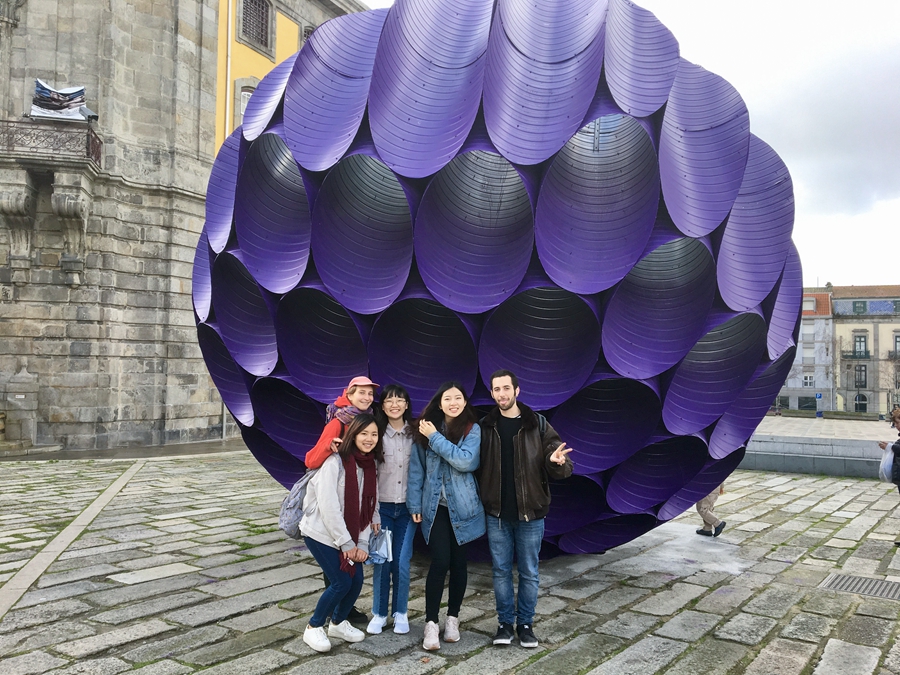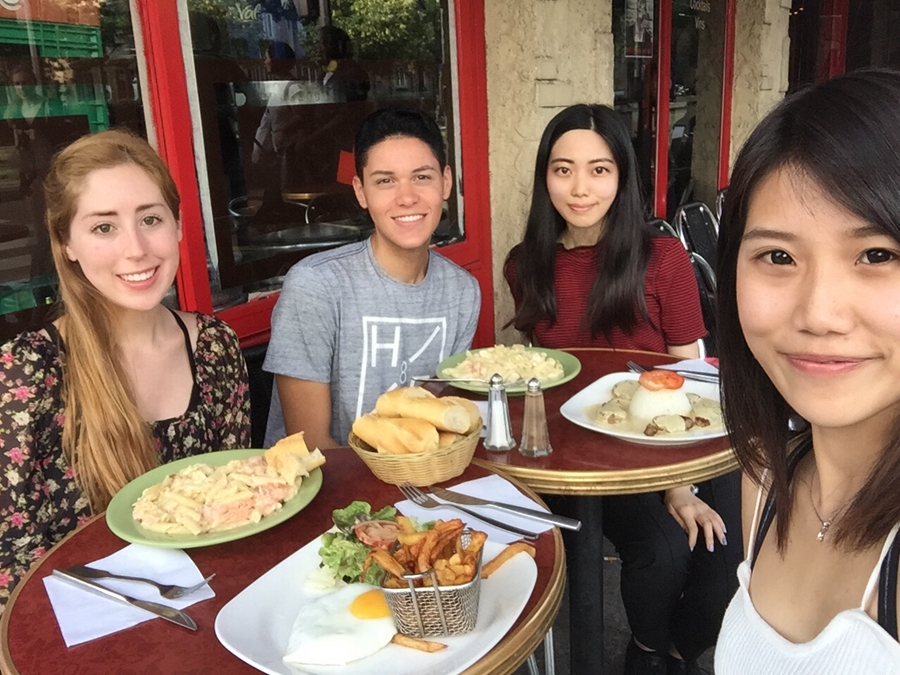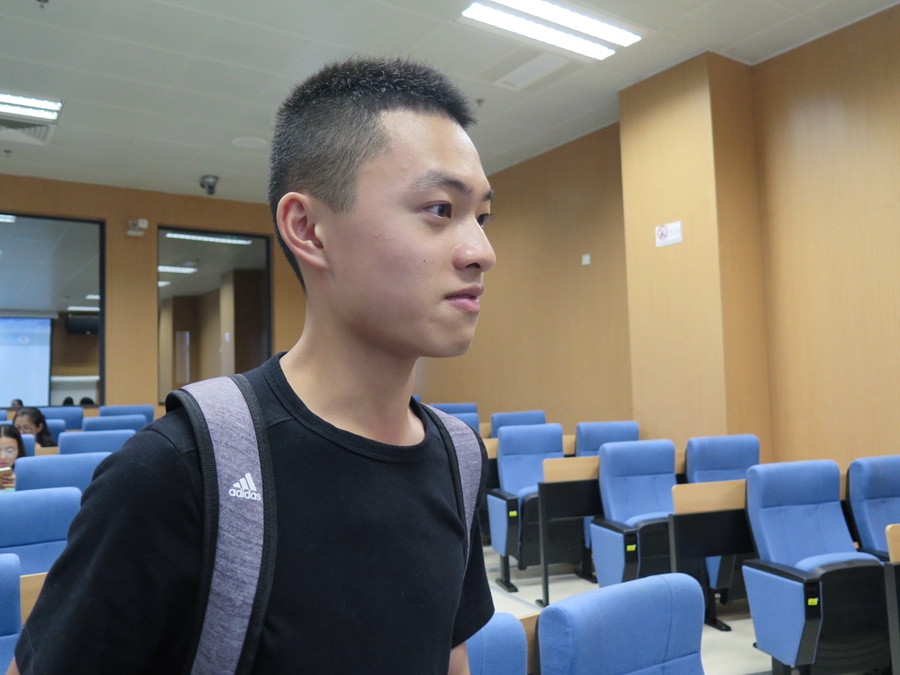Source: My UM
Those who have gone on an exchange programme will tell you that being an exchange student in a foreign country will become an invaluable experience of your life. The University of Macau (UM) provides its students with ample exchange opportunities through its partnerships with over 60 universities in the world. In the just-ended summer holiday, more than 400 UM students went on exchange programmes overseas. In the process they not only improved their language skills, but also met friends from different countries.
Viola Miao, Department of Chinese Language and Literature, Junior
“Many of the courses I selected at the University of Coimbra are taught in English, which is similar to UM, so I found it easy to adjust. Apart from improving my Portuguese and English, this experience felt more like an adventure. For example, I travelled to Morocco during the Easter holiday and almost couldn’t find a place to stay for the night. Had it not been for the help of some locals, I don’t know what would have happened. This exchange experience taught me to stay calm and collected in the face of problems, and I feel I am now a better problem solver.”
Miao offers the following pieces of advice for students who plan to go on an exchange programme
- Learn the local language if you plan to study in Portugal or other non-English-speaking countries because locals may not necessarily speak good English.
- Earn more credit hours beforehand so you won’t feel too stressed if you are unable to transfer back the credit hours earned during the exchange programme.
- Most exchange programmes require a minimum GPA of 3.0. The amount of scholarship also varies depending on the applicant’s grades.
- Prepare all the documents, such as reference letters and your transcript.
- Double check the deadline to make sure you don’t miss it.
Rita Wu, Department of Government and Public Administration, Postgraduate
“I am very happy that I had the opportunity to study at IESEG in France as an exchange student. France was my favorite choice because of its long history and artistic atmosphere. Many people associate going on an exchange programme with travelling around, which is not true. There is actually a lot of work involved. For example, you need to complete a lot of exercises, group projects, reports, thesis, and exams. During my stay in France, I also learned to speak French in my daily life. For me, going on this exchange programme was one of the best decisions I have ever made.”
Going on an exchange programme will help you develop a global perspective and allow you to experience a different culture and way of life. Of course, chance only favours the prepared mind. That is why many students who plan to go on an exchange programme start preparing one semester in advance. Simon Long, a third-year student from the Department of Management and Marketing, is a case in point. To increase his chances of success, he attended IELTS courses during the just ended summer holiday, and is now preparing for the exam. His favorite destination is north Europe. ‘Because I am very interested in the social life and natural scenery there, and north European countries are also ranked among the happiest in the world,’ he says.
Whichever country you choose for your exchange programme, one thing you can count on to happen: it will provide you with a once-in-a-lifetime opportunity to learn more about the world, different cultures, and yourself.



